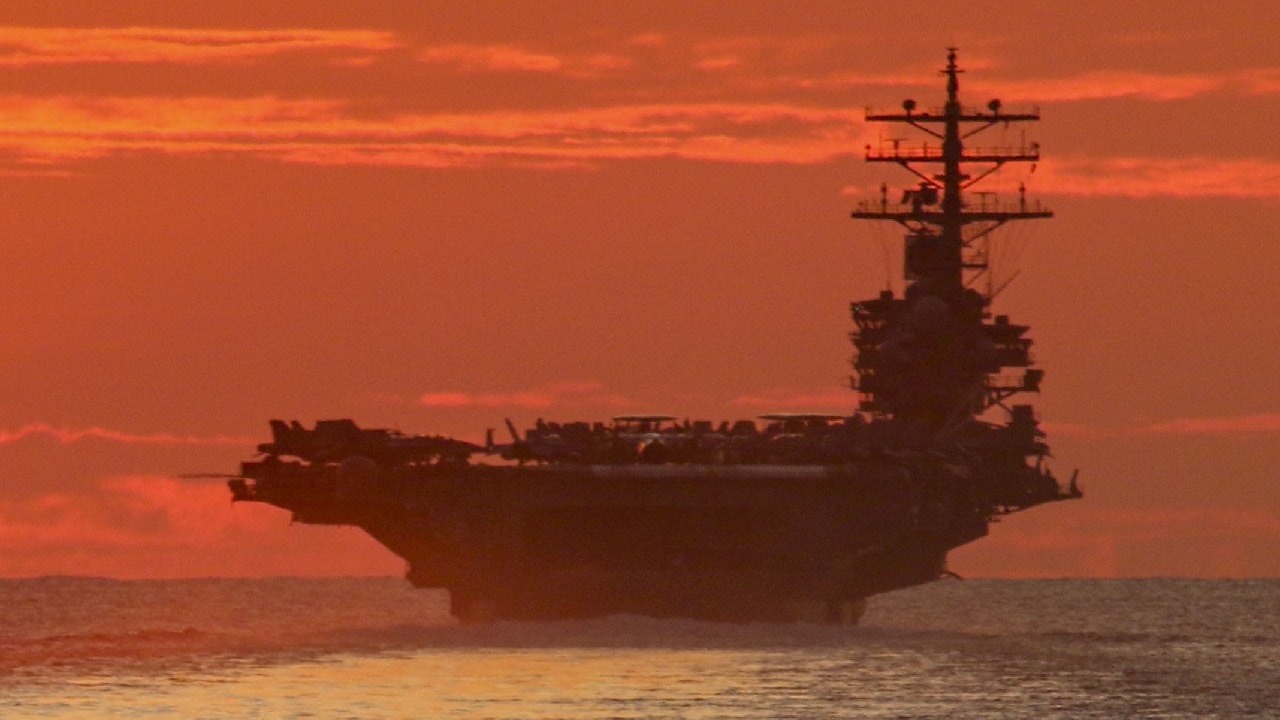The Wall Street Journal reported on Wednesday that the United Arabs Emirates has expressed disappointment with American efforts to deter Iran. As a result, the UAE has stopped working with a U.S.-led multinational security force. The task force in question aims to protect shipping in the Persian Gulf, but the UAE is reportedly frustrated with the lack of U.S. response to recent tanker seizures carried out by the Islamic Republic.
The UAE responded to the report by suggesting the Journal mischaracterized conversations between the two countries. Moreover, the Gulf state noted that it had stopped taking part in the Combined Maritime Forces (CMF), headquartered at the U.S. naval base in Bahrain, two months ago, per Reuters.
Still in the CMF?
The UAE insists it has not officially exited the CMF, which was formed in 2001 to help counter international terrorism. It remains one of 38 partner nations working on security, counterterrorism, and counterpiracy in the Red Sea and Gulf regions. A statement released on Wednesday did not make clear why the UAE had stopped participating or whether it would return to a more active role.
However, the Gulf state further said it remains committed to dialogue and diplomatic engagement to advance regional security and stability, as well as to ensure navigational safety in its seas in accordance with international law.
U.S. officials have only confirmed that the UAE remained a CMF partner nation.
Bilateral Training Has Continued
As recently as February, U.S. Naval Forces Central Command (NAVCENT) announced it had concluded a weeklong unmanned system and artificial intelligence integration exercise with the UAE Navy. It was the first bilateral exercise with the UAE.
Five unmanned surface vessels from the Emirati navy joined NAVCENT’s Task Force 59, operating off the Emirati coast. NAVCENT established Task Force 59 in September 2021 to integrate new unmanned systems and artificial intelligence into U.S. naval operations across the Middle East.
Global Hotspot
The Persian Gulf region hosts some of the world’s most important shipping routes. The Gulf states export approximately 18.2 million barrels of oil per day along these routes — some 17 million barrels per day transit through the Strait of Hormuz in tankers.
The strait is also among the world’s most important oil chokepoints, accounting for up to 30% of the world’s total consumption.
Since 2019, a series of attacks on vessels have marked times of tension between arch-adversaries Iran and the United States, which remains a major security ally of Gulf Arab states.Iran seized two tankers in one week in late April and early May, including one empty ship that was traveling between the UAE ports of Dubai and Fujairah. Iran was further accused of launching a drone attack against an Israeli-owned tanker in November 2022.
NAVCENT has called Iran’s actions contrary to international law and disruptive to regional security and stability. In recent years, Iran has harassed, attacked, or interfered with the navigational rights of 15 internationally flagged merchant vessels.
“Iran’s continued harassment of vessels and interference with navigational rights in regional waters are unwarranted, irresponsible and a present threat to maritime security and the global economy,” NAVCENT stated in early May.
It was also in May that the CMF established a new task force that would train partner navies and improve operational capabilities to enhance maritime security in the Middle East. It is now unclear whether the UAE will be involved, or in what capacity.
Author Experience and Expertise: A Senior Editor for 19FortyFive, Peter Suciu is a Michigan-based writer. He has contributed to more than four dozen magazines, newspapers, and websites with over 3,200 published pieces over a twenty-year career in journalism. He regularly writes about military hardware, firearms history, cybersecurity, politics, and international affairs. Peter is also a Contributing Writer for Forbes and Clearance Jobs. You can follow him on Twitter: @PeterSuciu.

